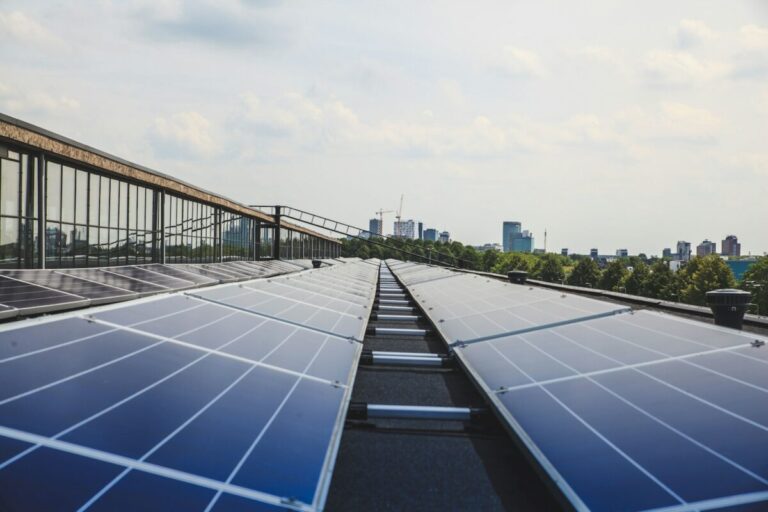The second phase of Ireland’s Small-Scale Renewable Electricity Support Scheme (SRESS) targets local communities and small and medium-sized enterprises that produce their own electricity.
The government of Ireland has announced the second phase of its SRESS. The latest phase focuses on community and local projects, or sustainable energy communities (REC). It also targets small and medium-sized enterprises (SMEs) that produce their own solar or wind energy, in addition to export-only projects of less than 1 MW.
The scheme offers a guaranteed feed-in premium rate without an auction. Government guidelines says successful applicants will receive a premium on the market revenue they receive for their renewable electricity.
Tariff rates for RECs are set at €150 (€162.70)/MWh for solar projects of less than 1 MW and €140/MWh for projects between 1 MW and 6 MW. For SMEs, the tariff rates are €130/MWh for solar projects of less than 1 MW and €120/MWh for projects between 1 MW and 6 MW. The scheme has set cheaper rates for wind projects.
Under government guidelines, the rate is higher for RECs because of the additional barriers such projects face in achieving planning, grid connection and financing, and because it reflects the public policy preference for community involvement in sustainable energy projects.
The Irish Solar Energy Association has welcomed the latest phase of the plan, saying it “represents an important opportunity for communities, local businesses and small and medium-sized businesses to drive Ireland’s transition to renewable energy.”
Conall Bolger, the association’s CEO, also urged stakeholders to prioritize grid connection improvements to ensure the seamless integration of small-scale generators into our electricity system.
“Grid connections are the lifeblood of renewable energy projects,” he said. “Without fast and affordable access to our national energy network, the potential of programs like SRESS remains untapped.”
The first phase of Ireland’s SRESS launched in 2023 and targeted self-consumers above 50 kW and up to 1 MW. A third phase, expected to support all categories of applicants, is currently planned for 2026.
The Irish government has set a target for 80% of the energy market to come from renewable energy sources by 2030.
This content is copyrighted and may not be reused. If you would like to collaborate with us and reuse some of our content, please contact: editors@pv-magazine.com.


